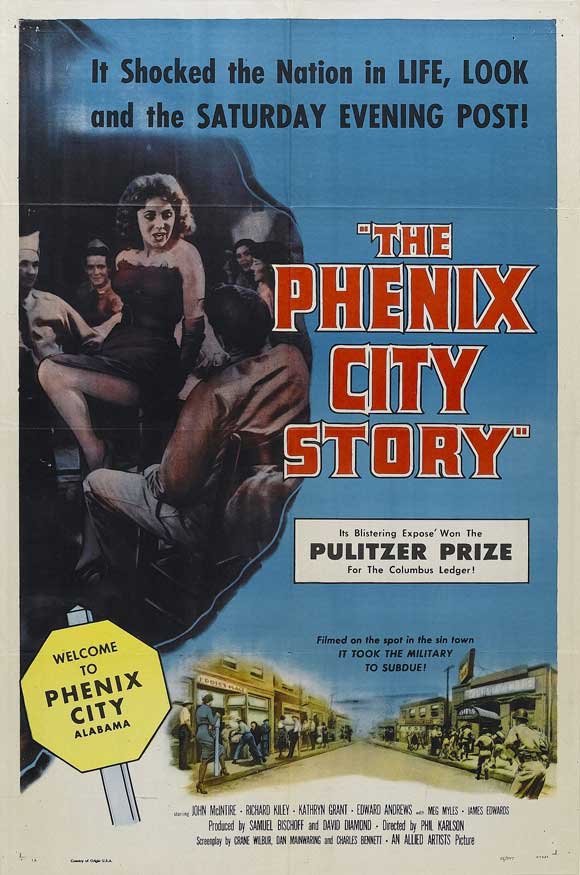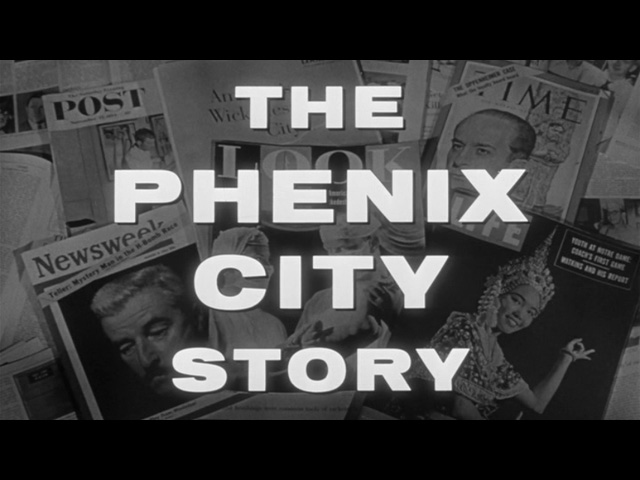Part of an Exchange on CITIZEN KANE
From Cinema Journal 26, No. 4, Summer 1987. — J.R.
Dialogue
Jonathan Rosenbaum Responds to Robin Bates’s “Fiery Speech in a World of Shadows: Rosebud’s Impact on Early Audiences” (which appeared in Cinema Journal, Winter 1987)
Having been invited to respond briefly to Robin Bates’s “Fiery Speech in a World of Shadows: Rosebud’s Impact on Early Audiences” in the Winter 1987 Cinema Journal, I should stress at the outset my sympathy with the main objectives of this essay, particularly as they are expressed in the closing paragraph. While my own recent Welles-related research has concentrated more on films and scripts that are not yet part of the public record,’ readers of my book Moving Places (Harper & Row, 1980) will know that I am also deeply concerned with the personal and historical dimensions of reception. Arguing that Citizen Kane in general and Rosebud in particular had “healing powers” in 1941 which are less available to us now, and that “audiences of the past … were no less sophisticated than audiences of today,” Robin Bates affords us a number of valuable historical insights, but his argument also raises certain methodological issues which I would like to explore. Although Bates has a commendable desire to open us up to the potential wisdom of the past (as exemplified by a retrospective statement about Rosebud from his father, Scott Bates, which opens his article), his means of fulfilling that desire depend on various forms of closure which I find problematical. Read more



